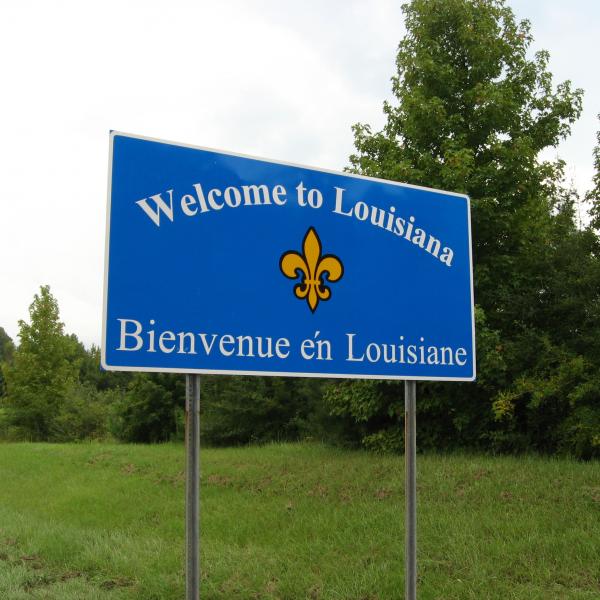Although I’ve managed to convince myself that there is no real answer that will satisfy everyone, I’ve thought a lot about the question that Professor Early posed to us the first day of the institute, “What is black music?” This, however, was not the first time I’ve thought about this question. In my experience, it actually came up a few months ago. As the advisor of the middle school student council, I have the high honor of organizing the school dances. At our most recent dance in May, one of my 8th grade students came up to me, laughing. He proceeded to tell me that one of the other 8th grade students—who happens to be one of the few African Americans in our middle school—took the song request sheet from the DJ’s table, crossed out the other students’ song requests, and wrote “BLACK MUSIC” in large letters on the paper. While the other students got a kick out of this and thought this was just another one of this student's antics, I stopped myself in that moment and thought, “What does he mean?” I had never really thought about what black music is. Is it hip-hop? Rap? R&B? Is it characterized by its sound? By its artists? By its songwriters? By its target audience? By its lyrical content? I didn’t know what to do in this situation, but soon became side-tracked by other issues and forgot about the incident. But participating in this institute has made me revisit that moment, though I am not sure if I understand what that student meant any better now than I did then.
 Another issue I’ve been pondering is the ownership of music. Or, more specifically, the ownership of musical genres. Of course, we have an understanding of who owns the rights to individual songs. But can a group of people claim to own a musical genre? In class, we discussed the concept that artists cover songs by other artists, both in the late 1950s and early 1960s, and in today’s world. Furthermore, in our changing world since the early days of Motown, there are singers/groups that seem not to fit “the norm” within certain musical genres. For instance, Eminem stands out as a white artist in the world of rap music; similarly, Darius Rucker (originally of Hootie and the Blowfish fame) is one of the few black singers in the country music genre. Is rap “owned” by African Americans and therefore considered “black music”, and is country music “owned” by whites and therefore considered “white music”? Do we really want to limit these musical genres with these race labels? Are the artists I mentioned considered sell-outs because they are racially different from the rest of the artists in these genres, or are they just considered successful cross-over stories? I guess it depends on who you ask. I realize that we cannot simply ignore the race issue, but it seems that today it is not entirely correct to assign race labels to musical genres.
Another issue I’ve been pondering is the ownership of music. Or, more specifically, the ownership of musical genres. Of course, we have an understanding of who owns the rights to individual songs. But can a group of people claim to own a musical genre? In class, we discussed the concept that artists cover songs by other artists, both in the late 1950s and early 1960s, and in today’s world. Furthermore, in our changing world since the early days of Motown, there are singers/groups that seem not to fit “the norm” within certain musical genres. For instance, Eminem stands out as a white artist in the world of rap music; similarly, Darius Rucker (originally of Hootie and the Blowfish fame) is one of the few black singers in the country music genre. Is rap “owned” by African Americans and therefore considered “black music”, and is country music “owned” by whites and therefore considered “white music”? Do we really want to limit these musical genres with these race labels? Are the artists I mentioned considered sell-outs because they are racially different from the rest of the artists in these genres, or are they just considered successful cross-over stories? I guess it depends on who you ask. I realize that we cannot simply ignore the race issue, but it seems that today it is not entirely correct to assign race labels to musical genres.
-- Ashleigh Lalley



